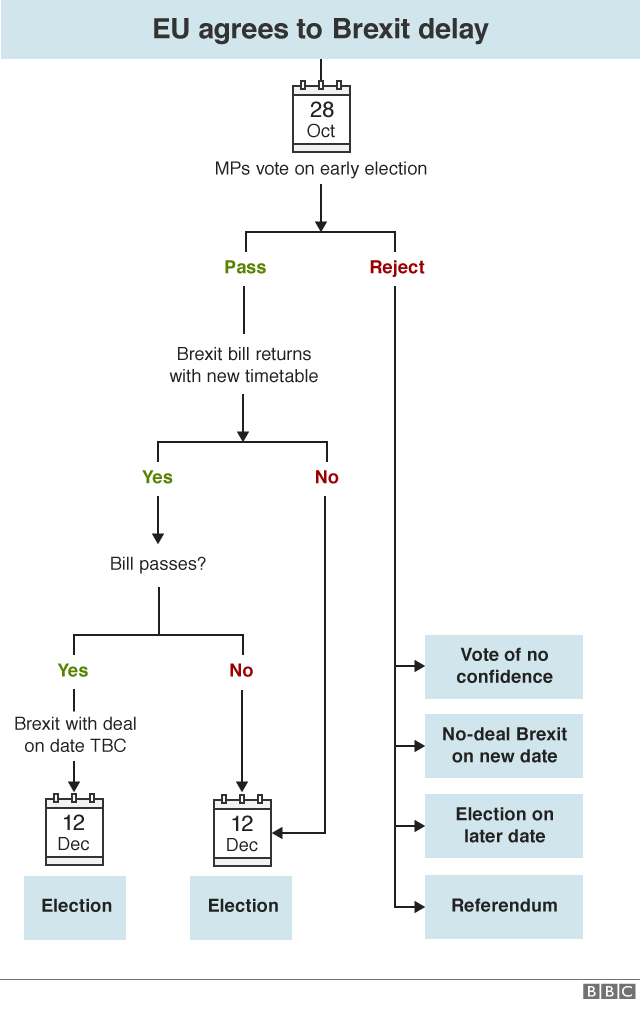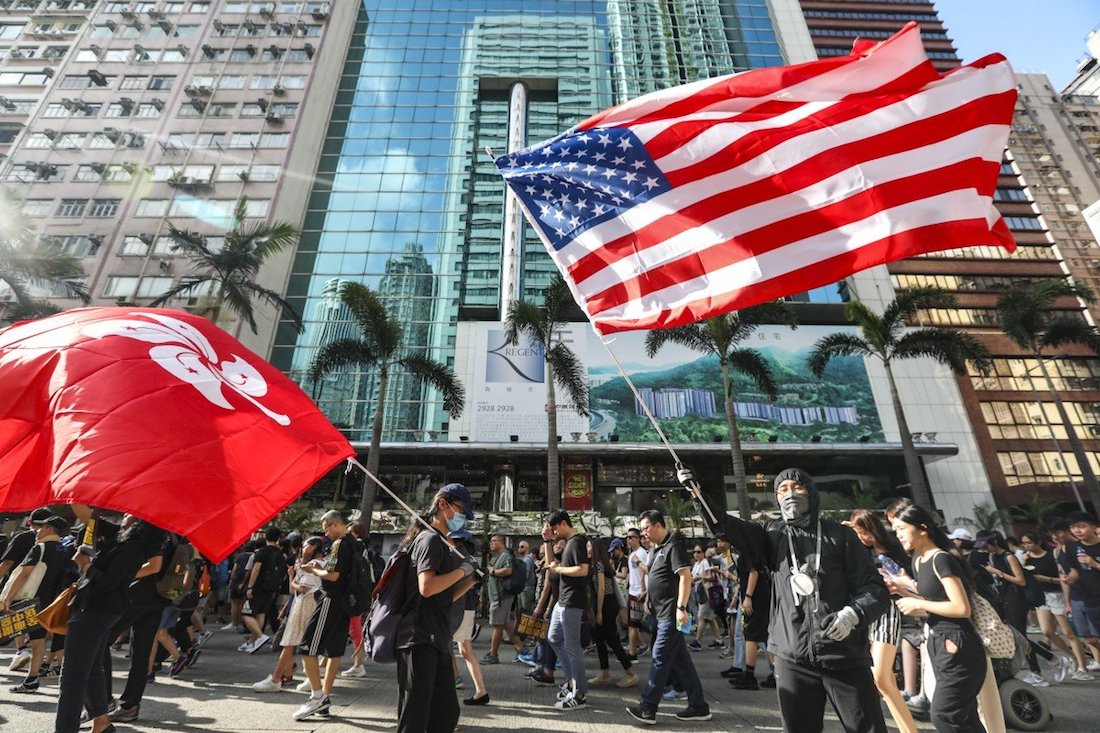EU27 approved of the extension of the Brexit deadline extension yesterday, October 28. This is after delaying its decision with regards to whether or not the Brexit deadline will be extended in their two-hour meeting in Brussels last October 25; supposedly after the UK parliament has decided on whether or not early elections will be held earlier.
Now, the Brexit deadline is moved January 31 next year.
Delayed approval
It’s been quite some time since most of the EU 27 appeared to be ready of approving the extension request sent by UK prime minister Boris Johnson last October 19.
In fact, the only one which stood in the way of the approval was France, who wanted to know first the decision regarding the UK’s decision to have or not have early elections. The entire EU 27’s approval is needed for the extension to push through.
It is apparent though that France eventually agreed, now that the deadline has been delayed — for the second time now since the 2016 referendum.
From our partners:
No-deal Brexit fears
Last October 24, PM Johnson wrote a letter to Labour Party’s Jeremy Corbyn, suggesting that the elections be held on December 12 in order to provide the British parliament more time to work on a new Brexit deal.
In order for Johnson to push through the early elections, the approval of the Labour Party is needed in order to get the two-thirds majority required to forward the motion.
While the opposition had been in favour of new elections, Labour Party head Corbyn wants to have the assurance that a no-deal Brexit is completely out of the picture.
In a no-deal Brexit scenario, most of the UK companies will suffer from the lack of a trade deal, since a type of tax called tariffs-ill will be imposed on UK goods. Prices and availability of goods are expected to increase if the UK will just be kicked out of the EU without a deal.
Early Elections
With this, Corbyn wants to wait out the supposed decision on the deadline extension in last Friday’s Brussels meeting, this way, there is a guarantee that the UK will be divorcing peacefully with the EU.
However, in spite of the extension finally being approved, the motion to conduct early elections was rejected in the parliament yesterday. But just today, Corbyn has announced that Labour party has now agreed to back a general election now that they have been granted a three-month Brexit delay.
Chain reaction
EU allowed the Brexit delay and Labour now agreed to a general election. With these in mind, here is a diagram laying down the series of events that can potentially transpire in the case that an early election is finally accepted as well as in the case that it remains to be rejected the next time it gets brought up.
Of course, there is always an option to cancel Brexit altogether. From the looks of it though, this is highly unlikely.
With so many factors to be considered, it really is difficult to predict what will happen. It has been a rollercoaster ride and both sides think they have the best solution to move forward. The parliament cannot agree on their next steps but if there’s one thing that we can agree with, it is that Brexit is already prolonged. The results of the referendum may not be to everyone’s liking but the UK needs to move on from this debacle and focus on other pressing issues.
Let’s just get on with it.














